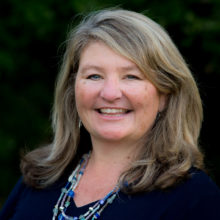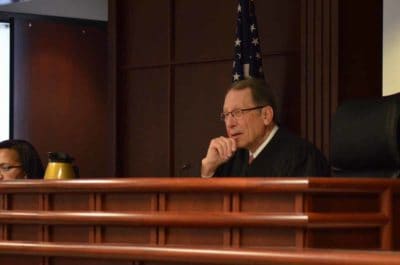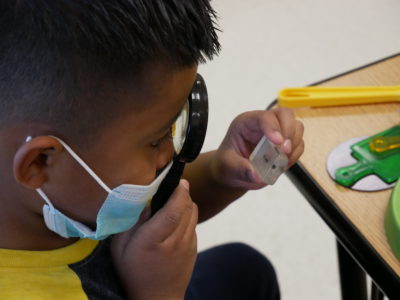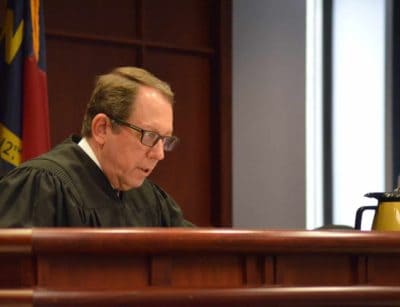
|
|
The following is Mary Ann Wolf’s “Final Word” from the May 1, 2021 broadcast of Education Matters: “Looking Ahead to Leandro Implementation.”
We know that our students need high-quality, well-prepared teachers and principals. We know that our students need access to early childhood education. We know that we must address the academic, social, and emotional learning of our students, which includes access to school support personnel, such as counselors, social workers, and psychologists.
We know that we need accountability and assessment systems that provide us with the data and information we need to meet the needs of and support all children in their growth and learning. We know that we need safe learning environments for our students.
And, we also know that having these critical components of a sound basic education in place in each of our schools across the state requires adequate and equitable financial resources.
There is general agreement that these foundational needs are important for our students and our schools – regardless of role, political party, or area across the state. Despite that general agreement, we have not been able to meet our state constitutional obligation as a state to provide every North Carolina student with a sound basic education that aligns with the tenets of the Leandro case.
It has been more than 25 years since the beginning of North Carolina’s school funding case known as Leandro. Since that time, it has been repeatedly found that our state has not been providing the resources or public policies required to meet the fundamental needs of all of our students.
The last year and a half, however, have given us renewed hope, even during a time of incredible adversity and uncertainty. The independent research and powerful action plans submitted by parties involved in the Leandro case have provided a roadmap around which our state leaders can coalesce to make systemic investments and policy changes that will ensure we finally meet our constitutional obligation to equitably provide each and every child a sound basic education.
Building upon a January 2020 court order and a short-term action plan for fiscal year 2021 that offered specific steps our state could take to ensure we meet the needs of all of our students, parties to the Leandro case submitted to Judge David Lee in March an eight-year comprehensive plan that offers detailed and sound directives for the years ahead. Much of this plan mirrors policy goals and key areas of investment identified in the independent, non-partisan research report conducted by WestEd.
During the past few months on Education Matters, we’ve sought to highlight and delve deep into these important policy areas that serve as the building blocks for a high-quality educational experience for all. From revising school finance and accountability systems to developing robust initiatives around teacher and principal recruitment and retention, the long-term, Leandro Comprehensive Remedial Plan offers strong directives in these areas, and many stakeholders have come on our show to explain how to turn these ideas into action.
The plan also emphasizes the need to focus investments on the whole child, by providing funding that increases the number of School Instructional Support Personnel, or SISP (school counselors, nurses, social workers, and psychologists) to begin to meet national guidelines, initially prioritizing high-poverty schools.
This is an important area of investment that we have highlighted repeatedly, as we know that students’ basic physical and emotional needs must be met before they can be ready to learn. And throughout the key areas addressed in the 8-year action plan, the investments and subsequent work that is laid out will ultimately serve to take important steps towards addressing the systemic inequities that exist for so many of our students — especially students of color and low-income students.
Addressing each of these and other critical issues requires funding. With the appropriate policies and resources, the investments will help address the immediate needs of our schools and districts as we begin the recovery from COVID-19; and they will also support critical areas for long-term efforts to ensure that every child in NC will graduate prepared for college, career, and engaged citizenship.
North Carolina is fortunate to have resources available to address the needs of our schools and students, the understanding of what is needed, and the will of education stakeholders and policymakers to enact purposeful and effective policies. We must use this critical point in time to lay the groundwork for accelerating investments and innovations in education for all of our students.
Our schools, districts, and communities do not just need or ask for more money for the sake of having more money. The need, as it has been for decades, is for investments in these specific and other critical areas that research has shown makes a difference for students.





